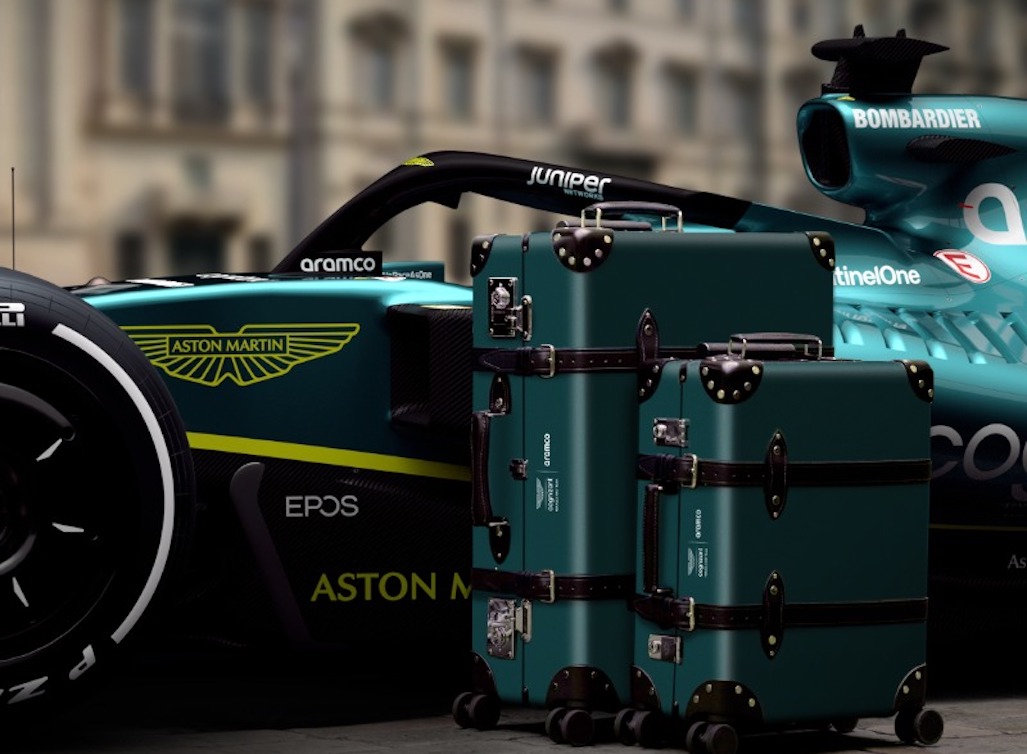In the fast-paced world of Formula One racing, the drivers are often the ones who receive the most attention and fanfare. However, behind the scenes, there is a group of individuals who play a crucial role in keeping the show on the road – the pit crew.
The pit crew consists of a team of highly skilled mechanics, engineers, and technicians who work tirelessly to ensure that the cars are in peak condition and ready to race. They are responsible for tasks such as changing tires, refueling, and making rapid adjustments to the cars during pit stops. In many cases, the success of a race can hinge on the speed and efficiency of the pit crew.
Traditionally, pit crew members have been some of the highest-paid individuals in the motorsport industry. Their salaries have reflected the high-pressure nature of their jobs and the level of skill and expertise required to perform at the highest level. However, in recent years, there has been a noticeable trend towards cost-cutting in Formula One and other racing series.
As teams look to tighten their budgets and maximize efficiency, some have begun to reevaluate the salaries and benefits offered to pit crew members. This has led to a shift in the way pit crews are compensated, with some teams opting to pay lower base salaries and offer performance-based bonuses instead.
For pit crew members, this shift can have both positive and negative implications. On one hand, performance-based pay structures can incentivize crew members to work harder and perform at their best. This can help to improve overall team performance and lead to greater success on the track.
However, the move towards performance-based pay can also create added pressure and uncertainty for pit crew members. In a sport where split-second decisions can make all the difference, the fear of missing out on a bonus or underperforming can weigh heavily on individuals.
Despite these changes, there are still opportunities for pit crew members to earn significant paydays. In addition to their base salaries and performance bonuses, top teams may offer additional perks such as sponsorship deals, travel expenses, and access to exclusive events. For those who excel in their roles and help lead their teams to success, the rewards can still be substantial.
In conclusion, while the landscape of pit crew compensation may be shifting, the importance of these individuals to the success of a racing team remains as crucial as ever. Whether it’s changing tires in record time or making split-second adjustments to a car, the pit crew’s role cannot be underestimated. While the big paydays may not be as common as they once were, there are still opportunities for pit crew members to earn recognition, rewards, and a place in the history books.



